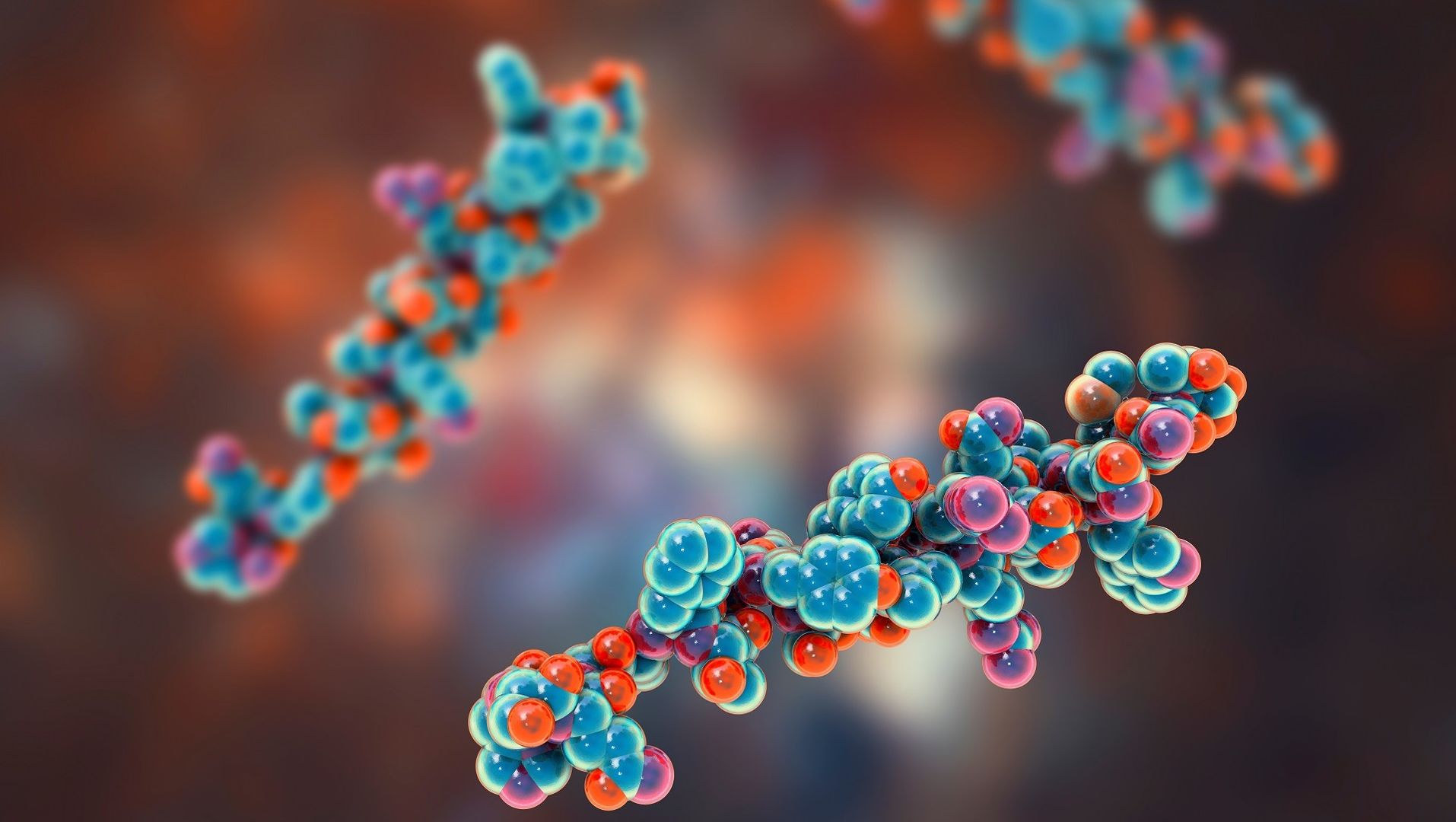Creative Proteomics is a leading provider of advanced scientific services, specializing in peptide and antibody analysis. With our state-of-the-art facilities and experienced team of scientists, we offer comprehensive Peptide-Antibody Interaction Analysis services. This service plays a crucial role in understanding the binding interactions between peptides and antibodies, providing valuable insights for drug development, diagnostics, and therapeutic applications.
What is Peptide-Antibody Interaction Analysis?
Peptide-antibody interaction analysis refers to the study and measurement of the binding interaction between a peptide molecule and an antibody molecule. Peptides are short chains of amino acids, while antibodies are proteins produced by the immune system that are capable of recognizing and binding to specific peptide or protein antigens. Analyzing the interaction between peptides and antibodies can provide information about the specificity, affinity, and kinetics of the binding interaction. Various techniques such as surface plasmon resonance (SPR), enzyme-linked immunosorbent assay (ELISA), and fluorescence-based assays can be used to investigate and characterize peptide-antibody interactions. These analyses are important for understanding immune responses, developing antibodies for diagnostic or therapeutic purposes, and studying protein-protein interactions.
Peptide-Antibody Interaction Analysis Services by Creative Proteomics
- Affinity Determination
We determine the binding affinity between peptides and antibodies, enabling a better understanding of the strength and stability of the interactions.
- Specificity Analysis
Our experts conduct specificity analysis to evaluate the selectivity of antibodies towards specific peptide targets.
- Competition Assays
We offer competition assays to investigate the competitive binding interactions between various peptides and antibodies.
- Antibody Production and Purification
Production of antibodies through immunization techniques, followed by purification to obtain high-quality antibody samples.
- Binding Affinity Analysis
Determination of the binding affinity between the peptide and antibody using techniques such as surface plasmon resonance (SPR), isothermal titration calorimetry (ITC), or enzyme-linked immunosorbent assay (ELISA).
- Epitope Mapping
Identification and characterization of the specific binding regions (epitopes) on the peptide recognized by the antibody.
- Kinetic Analysis
Analysis of the kinetics of the peptide-antibody interaction, including association rate constant (k on), dissociation rate constant (k off), and equilibrium dissociation constant (Kd or affinity constant).
- Specificity Evaluation
Assessment of the antibody's specificity by cross-reactivity analysis, determining if it interacts with other related peptides or proteins.
- Structural Analysis
Exploring the structural aspects of the peptide-antibody complex through techniques like X-ray crystallography or nuclear magnetic resonance (NMR) spectroscopy.
Analysis Methods of Peptide-Antibody Interaction Analysis
- Surface Plasmon Resonance (SPR): SPR allows real-time monitoring of peptide-antibody interactions by measuring changes in refractive index at the surface of a sensor chip.
- Enzyme-Linked Immunosorbent Assay (ELISA): ELISA is a widely used technique for quantifying peptide-antibody binding affinities and analyzing specificity.
- Biacore Analysis: Biacore analysis combines SPR technology with kinetic and affinity measurements, providing in-depth information on peptide-antibody interactions.
- Fluorescence-based Assays: Fluorescence-based techniques, such as Fluorescence Resonance Energy Transfer (FRET), enable the study of binding kinetics and identification of interaction sites.
- Isothermal Titration Calorimetry (ITC): ITC measures the heat released or absorbed during peptide-antibody interactions, allowing precise determination of binding constants and thermodynamic parameters.
Our Platform for Peptide-Antibody Interaction Analysis
- BIAcore: BIAcore T200, BIAcore 3000
- Octet system: Octet RED384, Octet QK384
- Biacore SPR system: Biacore X100, Biacore S200
- ForteBio system: BLItz, ForteBio Octet K2
- SPR-MALDI system: ProteOn XPR36, Biolayer Interferometry Mass Spectrometry (BLIMS)
Antibody and Peptide Types
In the study of peptide-antibody interactions, common types of antibodies and peptides used for analysis include:
| Antibody Types |
Peptide Types |
- Polyclonal antibody
- Monoclonal antibody
- Chimeric antibody
- Humanized antibody
- Recombinant antibody
- Bispecific antibody
- Fab fragment
|
- Linear peptides
- Short peptides
- Long peptides
- Antigenic peptides
- Synthetic peptides
- Peptide mimetics
- Modified peptides
|
Advantages of Peptide-Antibody Interaction Analysis Service
- Cutting-edge Techniques: We employ state-of-the-art techniques, ensuring the highest level of accuracy and sensitivity in peptide-antibody interaction analysis.
- Experienced Scientists: Our team consists of highly skilled scientists with extensive expertise in peptide and antibody analysis, guaranteeing the quality and reliability of our service.
- Customized Solutions: We provide tailored solutions to meet the unique requirements of each project, delivering results that align with specific research goals.
- Rapid Turnaround Time: We understand the importance of timely results. Through efficient workflow management, we ensure quick data delivery without compromising quality.
- Confidentiality and Data Security: We prioritize confidentiality and maintain strict data security protocols to safeguard our clients' intellectual property and sensitive information.
* For research use only. Not for use in diagnostic procedures!
Our customer service representatives are available 24 hours a day, 7 days a week.


